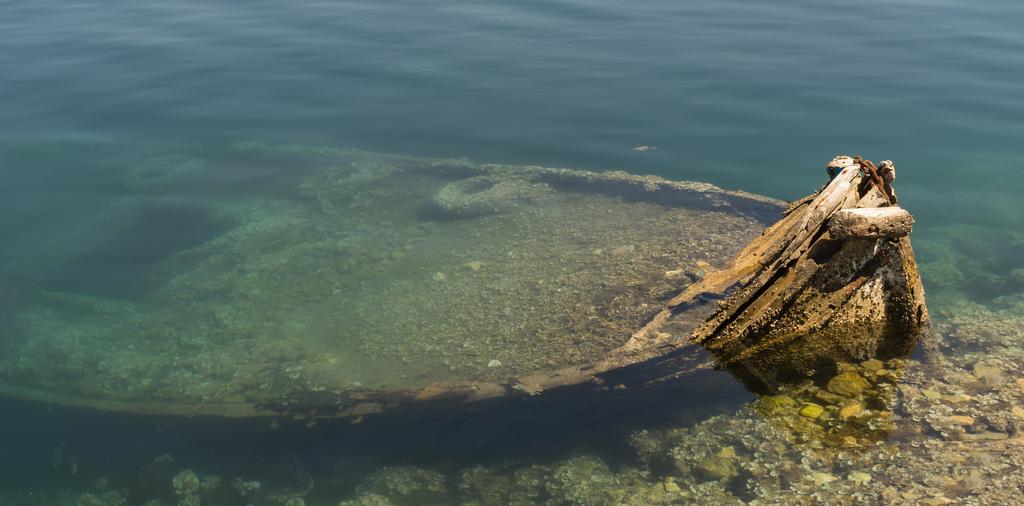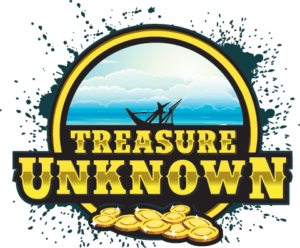
Magnet fishing is a unique hobby that is catching on quickly. Many new sites and videos are surfacing displaying numerous treasures found using these tethered magnets. Legality of this growing past time varies from location to location, but an entire state has outlawed this practice…sort of.
The South Carolina Underwater Antiquities Act of 1991 states that underwater artifacts may only be collected if they are resting on the bottom sediments. Any disturbance or removal of unexposed or partially-buried embedded material is unlawful. Deployment of a tethered magnet does not allow identification as to which items are only resting on the bottom. But hope is not lost for the hobby within the state.
What the Legislation Says
There is a lot of conflicting information about the legality of magnet fishing in the state, and it takes some detective work to figure out the answer. We must first start with the actual Legislation. According to the South Carolina State Legislature’s webpage, the South Carolina Underwater Antiquities Act (SCUAA) states:
“(A) All submerged archaeological historic property and artifacts and all submerged paleontological property located on or recovered from submerged lands over which the State has sovereign control, are declared to be the property of the State.”
https://www.scstatehouse.gov/code/t54c007.php
This section merely states that any historical artifact found in waters under state control belongs to the state. This in and of itself does not imply that magnet fishing is illegal, however, as with all legal documents, there is a lot more to this law.
SECTION 54-7-620 lists several definitions we need to take a look at and understand. The first is what is meant by “Artifact” and according to the legislation an “Artifact” is:
“any object or assemblage of objects found in an archaeological context which yields or is likely to yield information of significance to the scientific study of human prehistory, history, or culture, and which have remained unclaimed for more than fifty years.”
https://www.scstatehouse.gov/code/t54c007.php
In normal human speak this definition simply states that any object or piece of object that has historical significance that has been lost for more than fifty years is what they are calling an “artifact”.
Another key definition, at least as it pertains to magnet fishing, is the term “Data”:
“‘Data’ means any information related to the site of submerged archaeological historic property or submerged paleontological property which includes, without limitation, artifactual and/or paleontological material, remote sensing survey charts, magnetic tape records of positions, site maps, feature plans, photographs, measurements, and historical documentation.”
https://www.scstatehouse.gov/code/t54c007.php
Here we are being told that any artifact found (among other surveying things) is included in the term “Data”.
Finally the last, but probably the most important piece of this act, is the term “Data Collection”:
“The accumulation of data through methods which do not include excavation. “Data collection” includes the collection of artifactual and/or paleontological material that is exposed or resting on, but not embedded in, submerged lands.”
https://www.scstatehouse.gov/code/t54c007.php
This last definition states that in order for an artifact to be collected it must done by hand and not by any excavation methods. The item must not be embedded under the waterway floor, even partially.
When we put all these pieces together we get the application of this bill as it pertains to magnet fishing. Objects of historical significance submerged for more than 50 years in state controlled water belong to the state. Additionally these artifacts may only be collected if they are exposed or resting on the bottom.
Deployment of a tethered magnet has no way of assessing what materials are being snagged by the magnetic force and pulled to the surface. Additionally the operator has no way of knowing if the items being pulled up are resting on the bottom or are partially embedded.
The Purpose of The SCUAA

According to the legislation the entity that oversees these artifacts is the South Carolina Institute of Archaeology and Anthropology.
I reached out to Nate Fulmer, an underwater archaeologist with the Maritime Research Division of South Carolina Institute of Archaeology and Anthropology and asked him about this legislation.
He confirmed that magnet fishing is illegal in state waters. According to Fulmer the purpose of this act is to protect submerged antiquities from being disturbed before they can be excavated by professional archeological teams. Deploying a magnet could damage or destroy an undisturbed shipwreck that has yet to studied.
Hobby Licenses
Some information circulating the internet states that a Hobby License can be obtained from the state, which will then allow magnet fishing. According to Fulmer this information is inaccurate. In fact, his direct quote:
“SCIAA does not issue Hobby Licenses for the purpose of magnet fishing.”
Nate Fulmer
This License is for recreational scuba hunting. Scuba divers can see what is on the bottom and what is partially buried. They also have strict rules and conduct they must follow when exercising their recovery. They are not allowed to use any mechanical means to bring items to the surface and can only collect 10 items a day.
What This Means for Magnet Fishing
Bottom line is, deployment of a tethered magnet can not legally be done in any state controlled waters in South Carolina under any circumstances. Ignorance of the law is no excuse.
Each disturbance of an archeological site is a separate and punishable (by fine) offense. In the event the operator of a magnet disturbs a warship that may contain human remains, that person could be imprisoned.
Part of the thrill of magnet fishing is pulling up the unknown. However, in the state of South Carolina, the unknown is what could land you in jail. It is not worth the risk.
Many people use a grappling hook along with their magnets when they embark on a magnet fishing adventure. These grappling hooks fall under the same rules and regulations as the magnet themselves. Do not deploy them in a state controlled waterway.
The Good News
After reading through all the things that can’t be done in South Carolina, Mr. Fulmer gave us some good news. Magnet fishing is NOT illegal on private property. The only stipulation is that the operator must have permission from the land owner before they deploy.
The obvious down side to fishing on private ponds is that the probability of recovering any artifacts is lower than heavily trafficked public areas. But this is better than nothing!
What About Other States?

As of the time of writing this article I could not find any other state laws or legislation that strictly forbids magnet fishing as this one does for the state of South Carolina. It is a good idea to do some research in your local area before embarking on a magnet fishing expedition. Parks and Wildlife department is a good place to start. It is also wise to check local city and county governments to see if they have any regulations.
Private property ponds are always an option if permission is obtained prior to fishing. It is also a good idea to obtain permission to traverse a property to get to a different property if necessary. Have fun and be safe!
Links
If you would like to read this piece of legislation for yourself it can be found here:
https://www.scstatehouse.gov/code/t54c007.php
If you wish to learn more about the efforts of the controlling agency as stated in this article visit their site at:
http://www.artsandsciences.sc.edu/sciaa/mrd/
* Featured Image and clipart from http://clipart-library.com/clipart/gTeqb5GTd.htm
